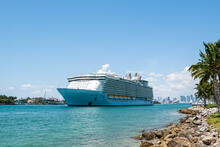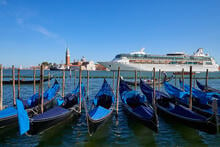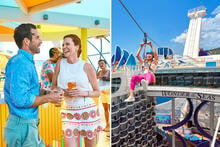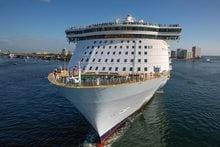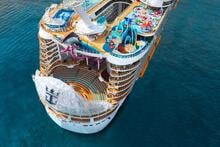It's no secret cruise lines are building and expanding their private island and beaches, but Royal Caribbean Group's CEO doesn't see it as purely a money grab.
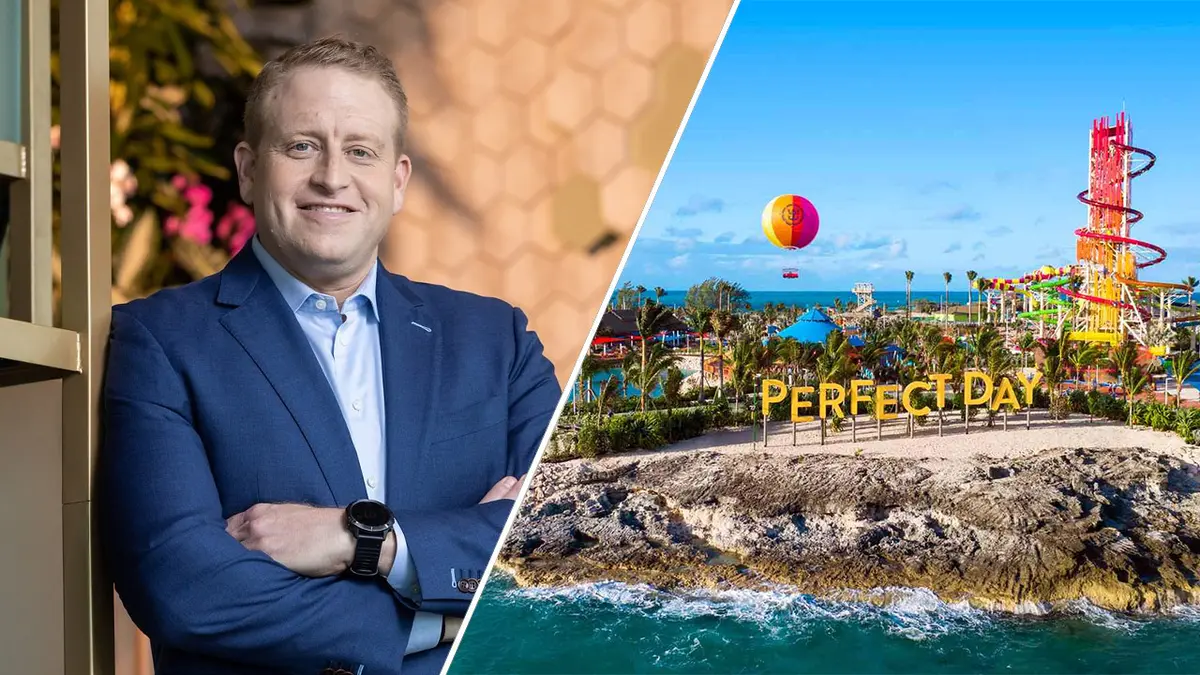
Private islands have become a major difference maker for cruise lines like Royal Caribbean, and they are working on building a second one in Mexico, along with beach clubs around the world.
The appeal is undeniable, but Royal Caribbean Group CEO Jason Liberty thinks the media has gotten it wrong when it comes to the bigger picture involved.
"While there is economic benefit, we're building in these communities. We're creating jobs," he said this week while speaking at the Seatrade Cruise Global conference in Miami Beach earlier this week.
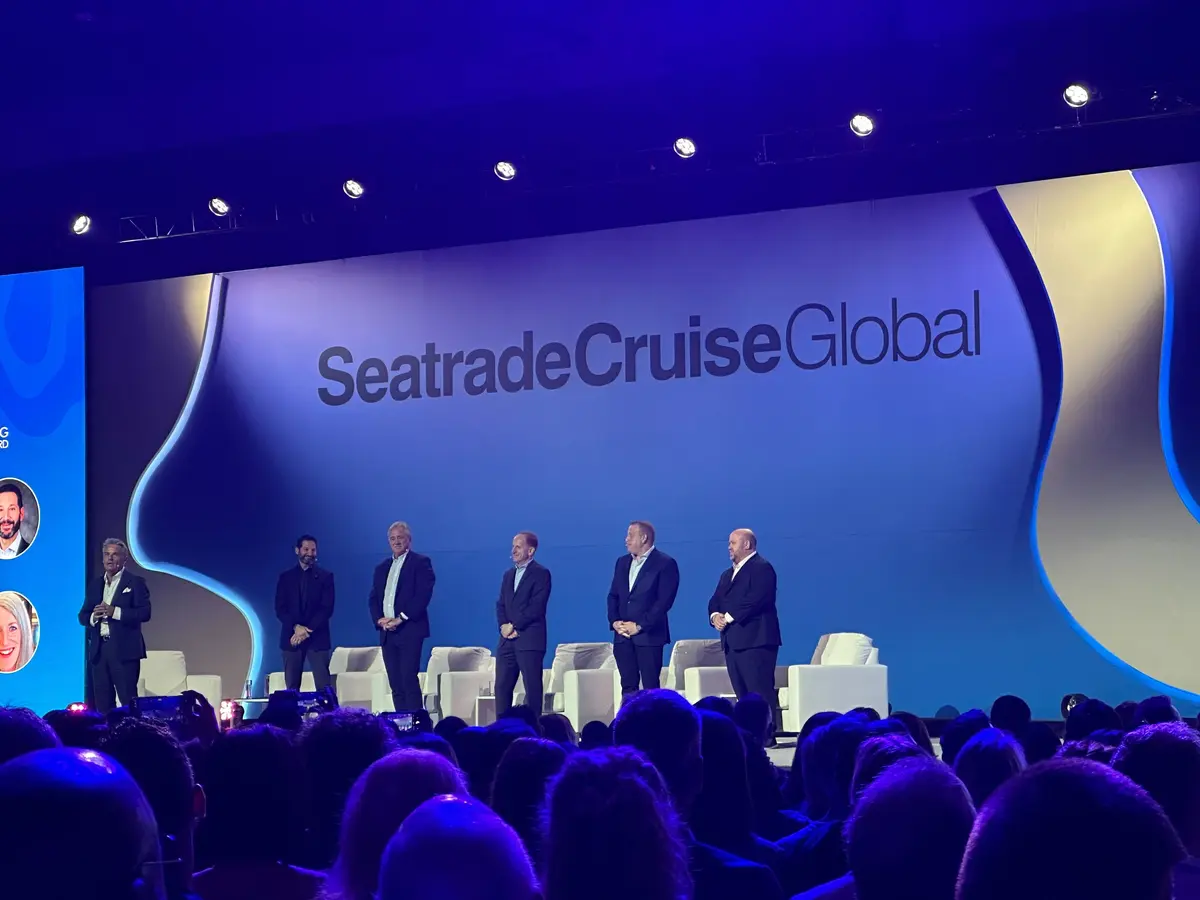
His view is the benefits go well beyond simply a money making endeavor, and there are important things missing from the narrative.
Economic growth for local communities
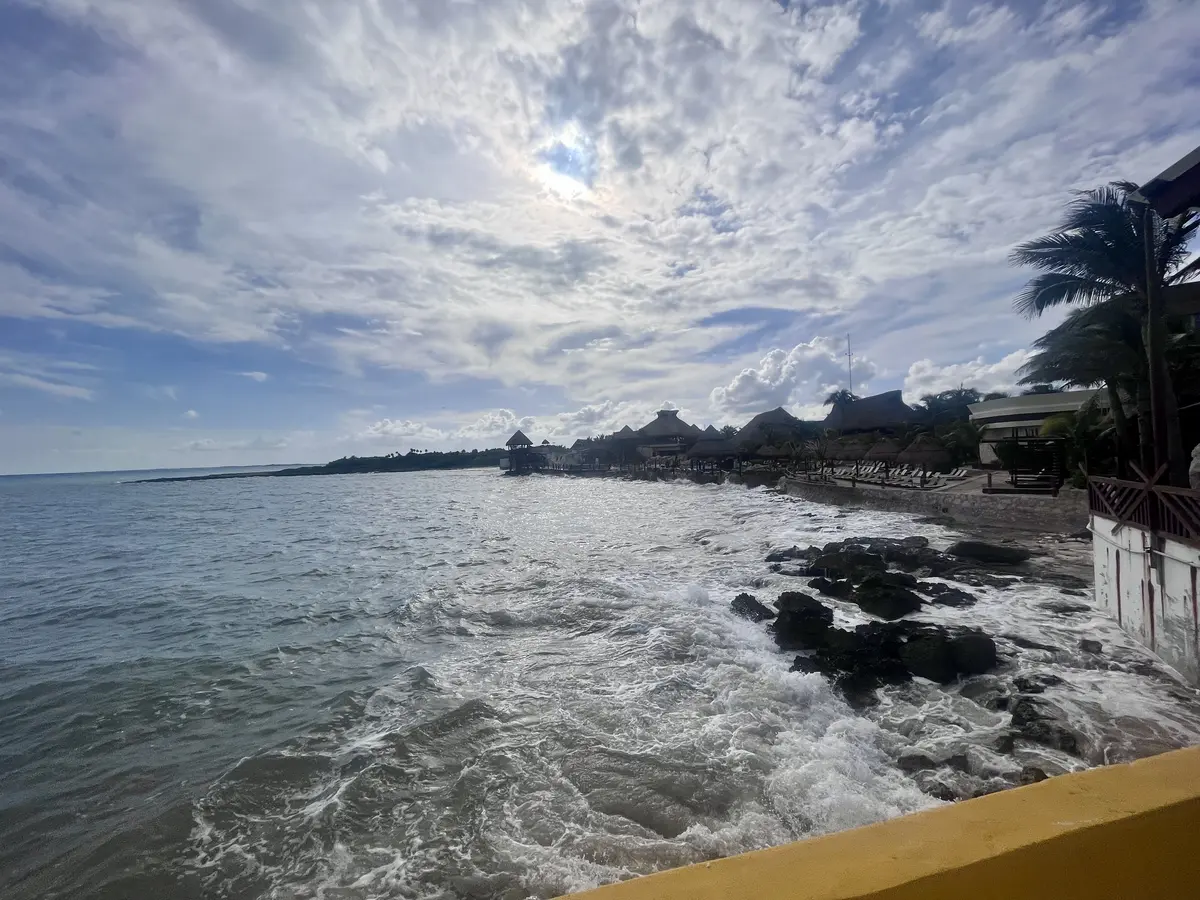
Mr. Liberty isn't denying that private destinations are profitable, but he believes that is not the only story to be told.
With its new projects they are working on, his company is partnering with the local communities to provide value to them too.
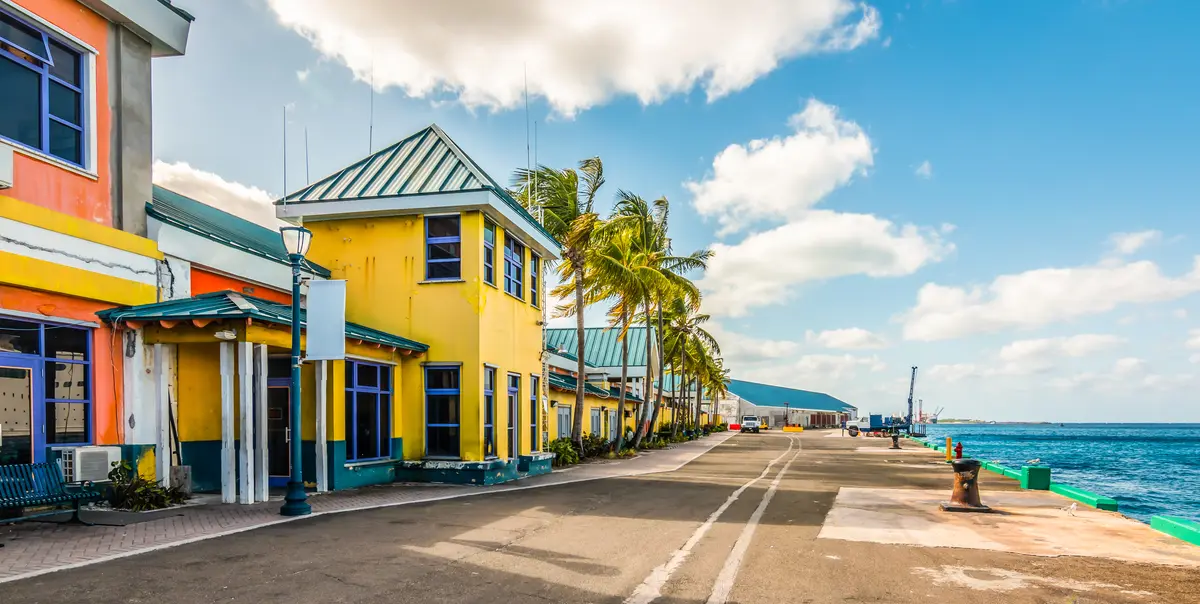
He explained, "The economic element of this is not concentrated per se in just the company. It's the broader economic activity that's happening within the area."
"In many cases, we're partnering directly with local citizens."
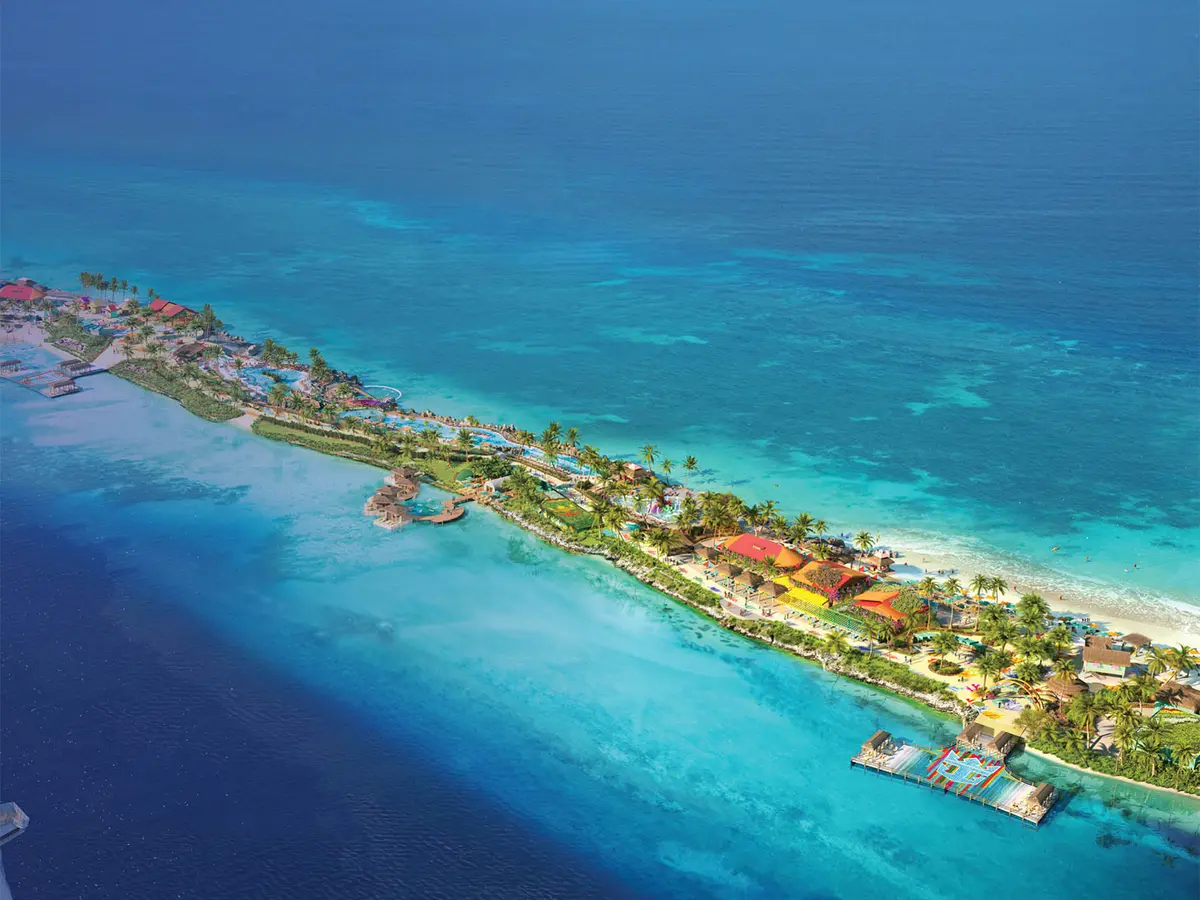
He's talking about how in places like The Bahamas and Mexico, Royal Caribbean is offering opportunities and incentives to the people living and working nearby to benefit too.
In the case of the Royal Beach Club Paradise Island, one percent of the annual gross revenue from there will be allocated to a National Investment Fund.
Additionally, Bahamians will have the opportunity to invest in the project owning up to 49 percent equity, with the remainder held by the cruise line.
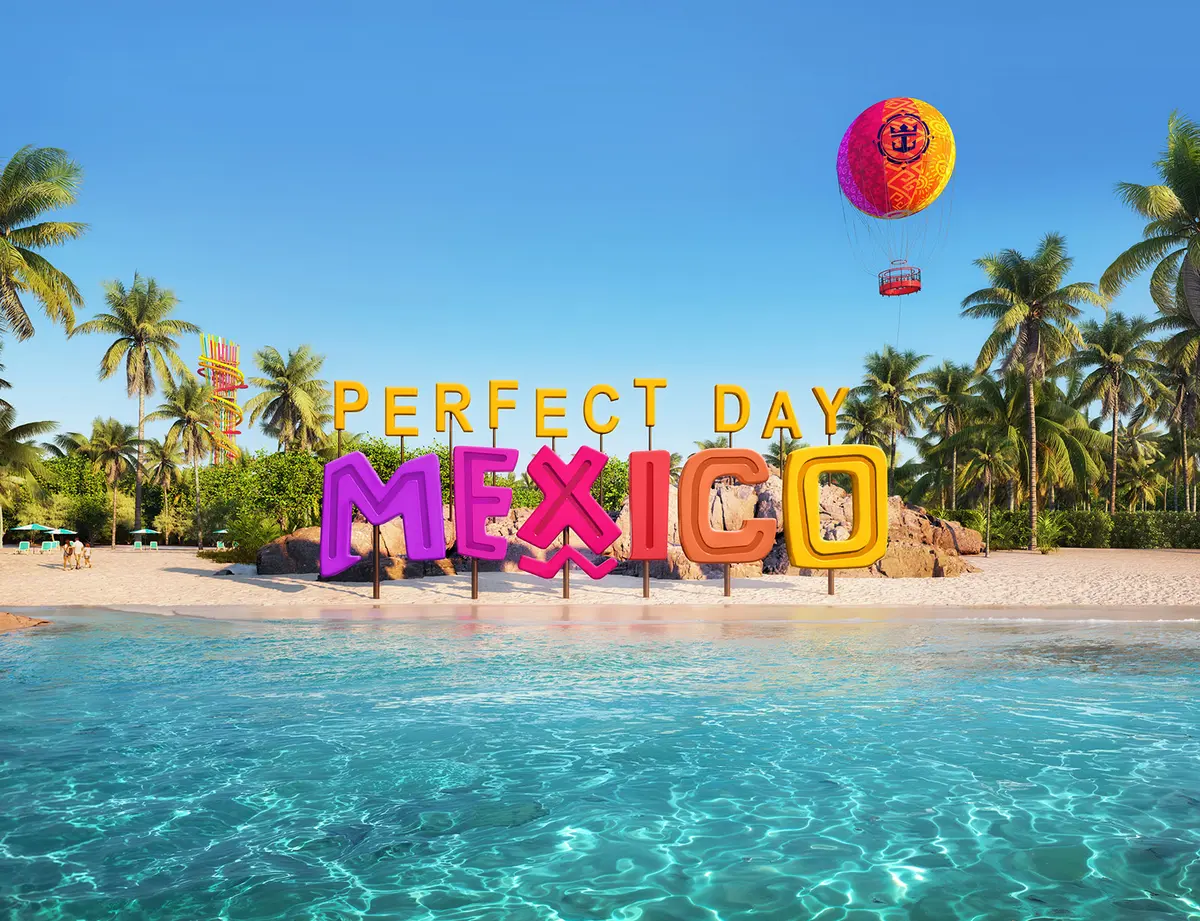
Over in Mexico, Royal Caribbean is going to bring its Perfect Day concept to Costa Maya, which is nearby the village of Mahahual.
The entire project will create 3,000 jobs, of which at least 1,000 will be in the construction phase. The rest will be jobs tied to the operation once it opens.
In addition, Royal Caribbean is partnering with Quintana Roo’s Agency for Strategic Projects and the University of Quintana Roo to ensure Perfect Day Mexico has a positive social impact.
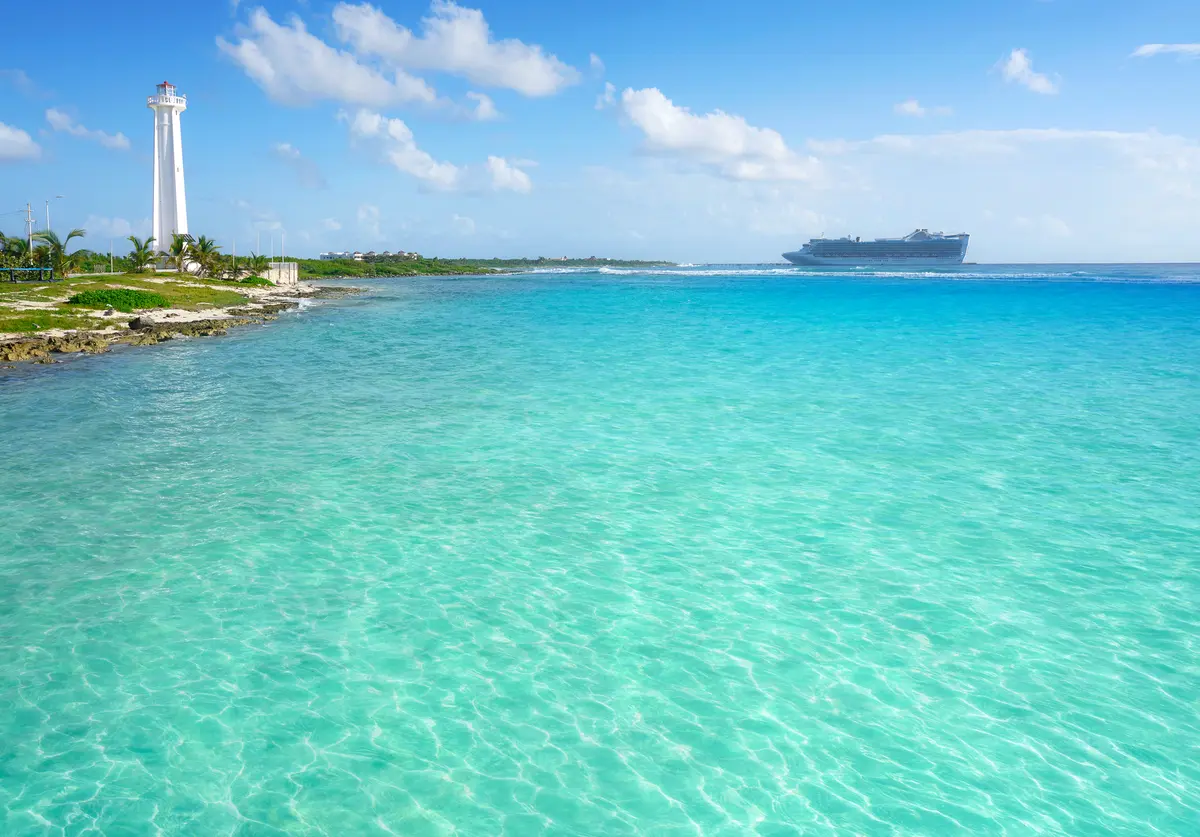
Royal Caribbean has promised environmentally sustainable facilities, including a dedicated water treatment plant and a reverse-osmosis system to provide a self-sustaining drinking water supply.
A recent Wall Street Journal publication talked about the how cruise-owned private islands are becoming more prevalent, "the idea is to keep them [passengers] in these private destinations for a particular amount of time, and to basically keep them spending there and not leave, "said Martha Honey, CEO of Responsible Travel Consulting.
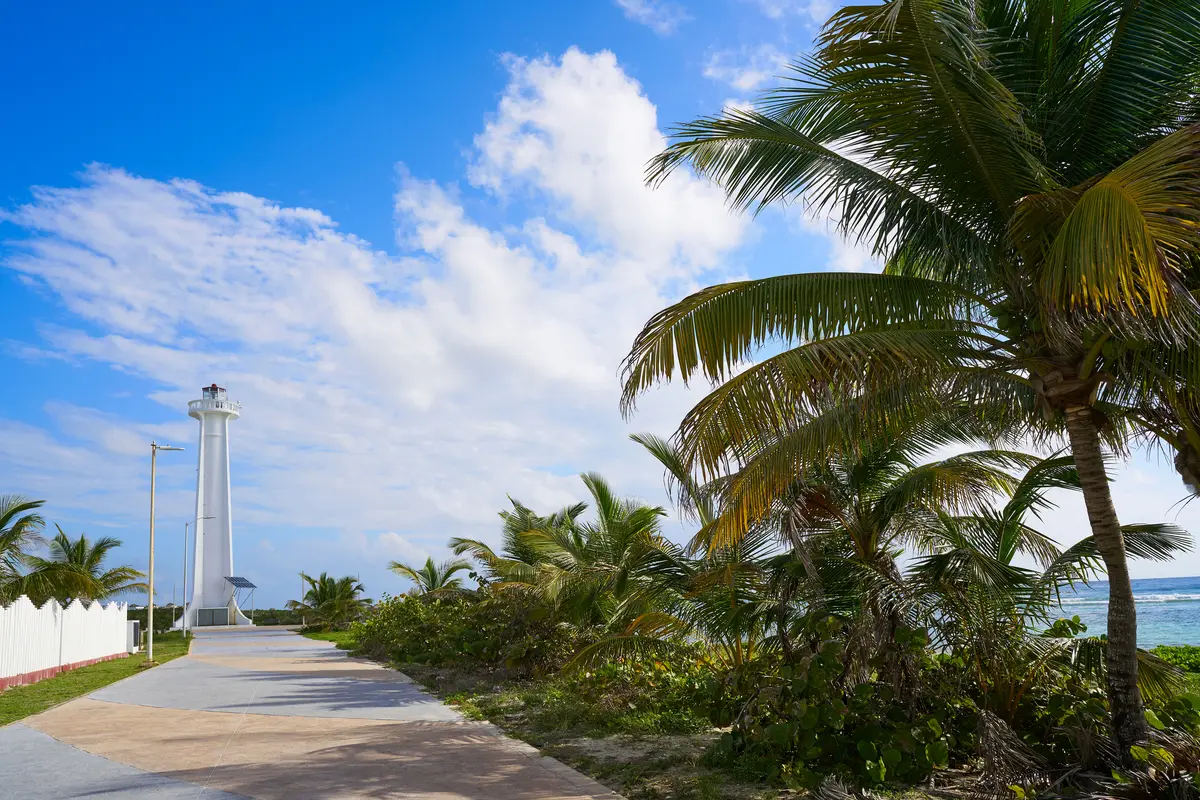
Mr. Liberty explained there's more to these operations than simply the guest experience, "The articles that have been out there, they have just focused on we're building these things...they don't get into the experience we're trying to solve for."
"They don't get into the partnering that we're doing. They're not getting into the supply chain. They're not getting into all the employees that we're hiring."
Bringing more people around the Caribbean
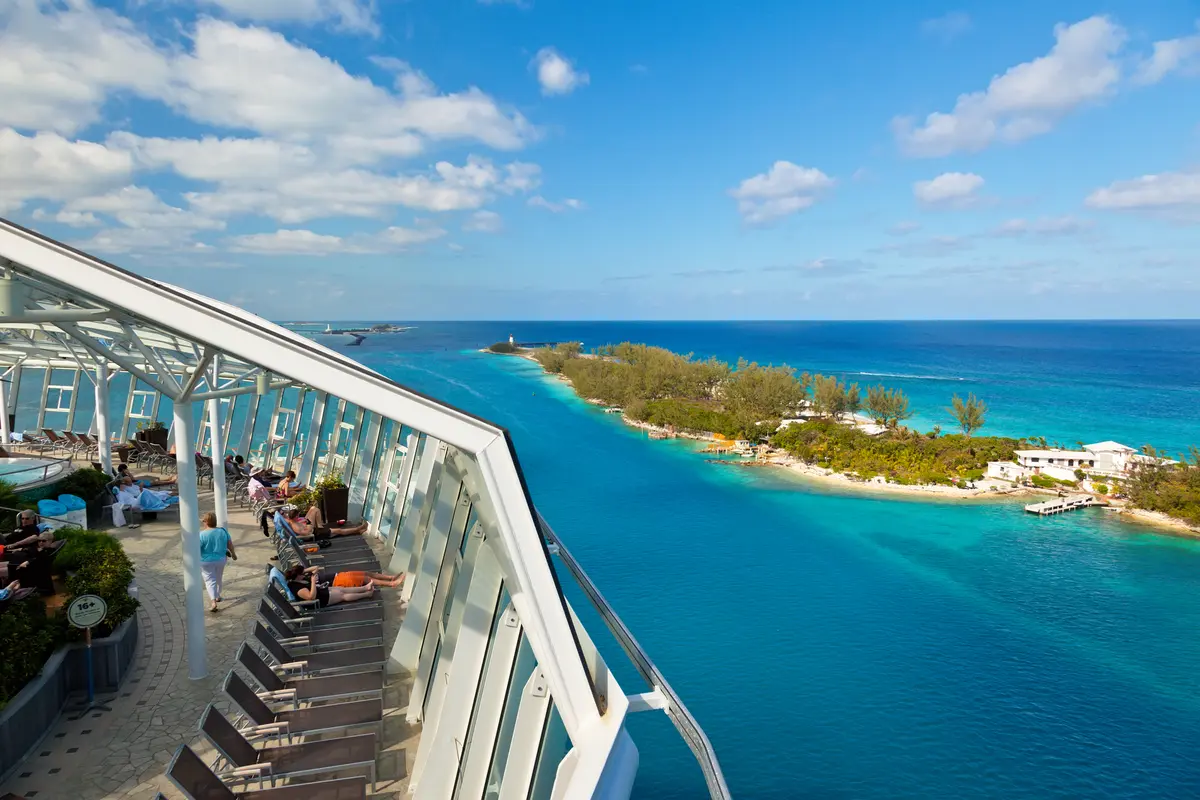
Another benefit to building more private destinations is it brings a greater focus on ships sailing within the Caribbean, and that means more people to visit more islands.
Harry Sommer, President and Chief Executive Officer of Norwegian Cruise Line Holdings Ltd., explained there's a net effect to consider as well. His company is looking to grow the amount of passengers sailing the Caribbean from 1.2 million to 2.2 million guests a year by 2026.
"The fact that we're bringing a million more guests to the Caribbean that are going to visit lots of different islands doesn't only mean that Great Stirrup Cay will have a benefit, it also means all the other islands that were that were visiting will have twice as many visitors as well," he explained.
"We think that's part of partnering with the local communities, and we're very proud to do that."
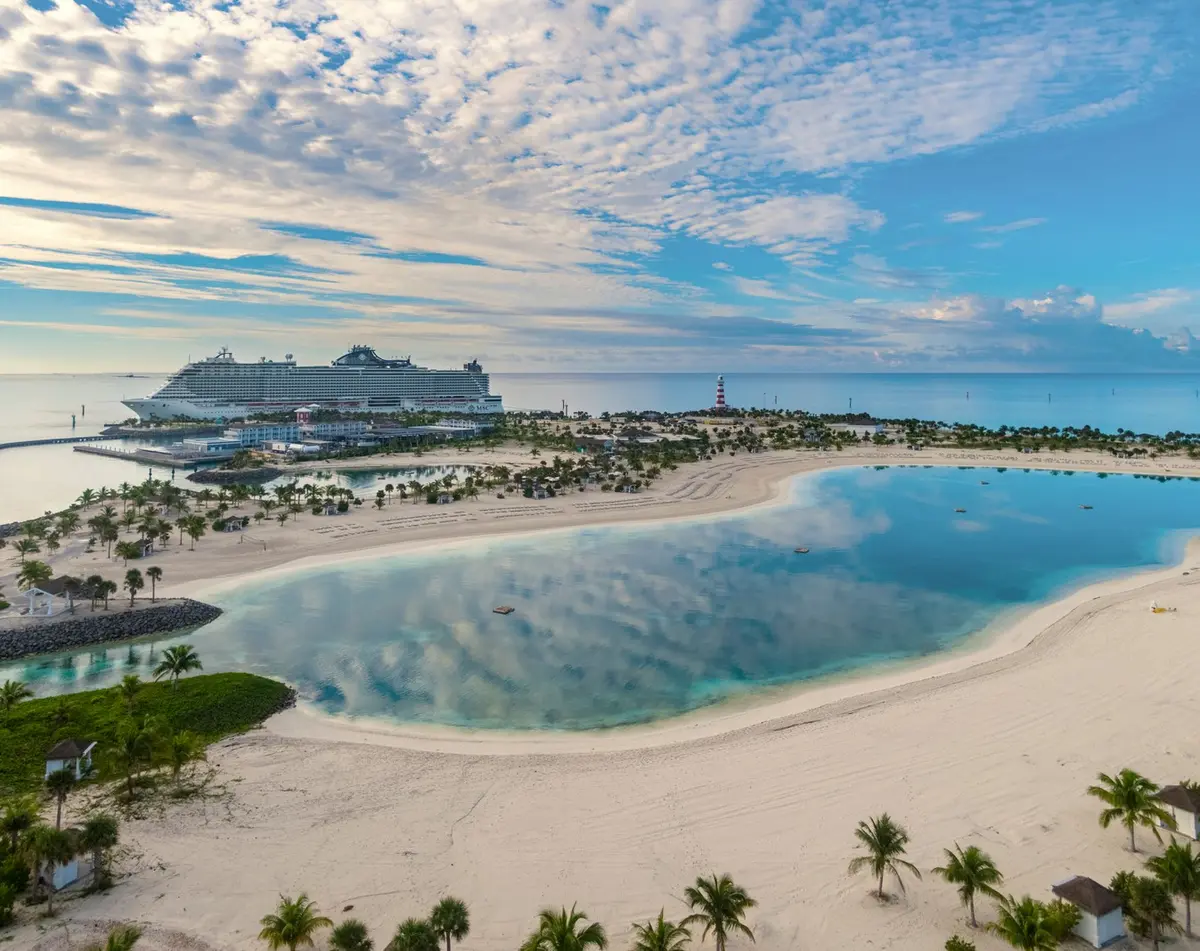
Executive Chairman of MSC Cruises, Pierfrancesco Vago, agrees that the media has it all wrong.
"I heard about the news saying the private destination to keep our passenger spending is actually exactly the opposite," he retorted.
"It's a very good example of how we can support a circular economy in so many ways with the local population and obviously with our neighboring islands."
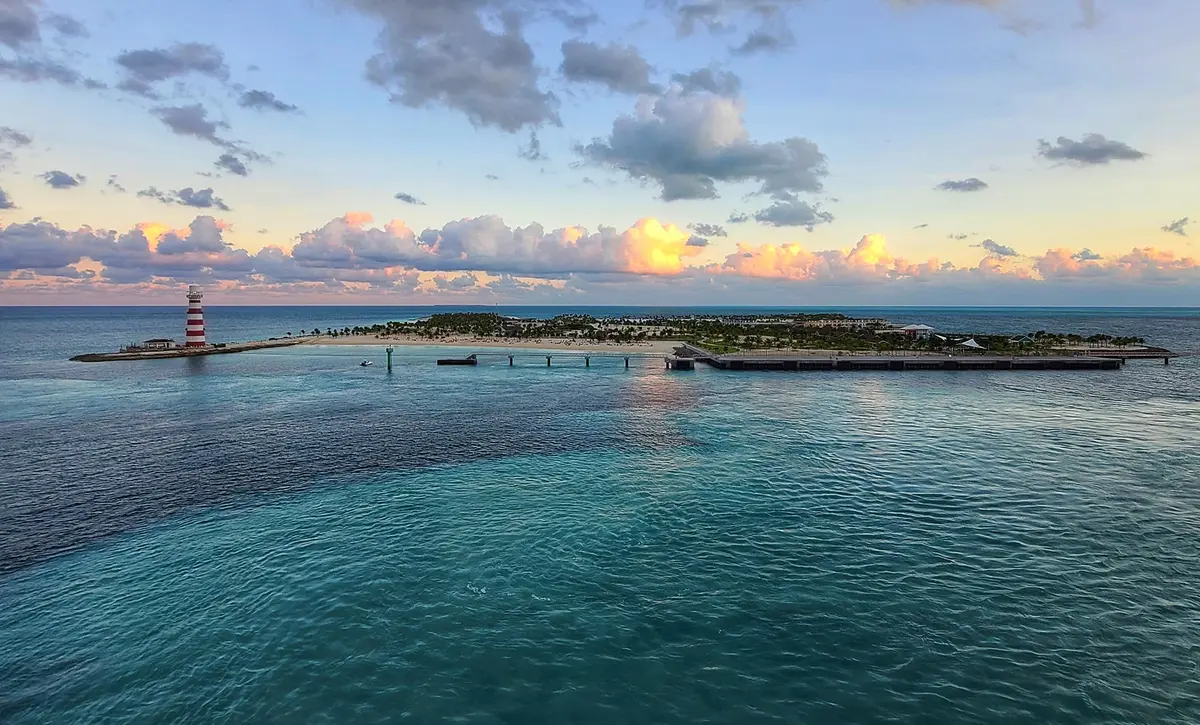
The Wall Street Journal video used MSC's Ocean Cay as an example of how the visit and some amenities are included, but there are extra cost add-ons, such as cabanas or ice cream.
Mr. Vago points out prior to MSC leasing the island, it was an "an industrial site dredging for aragonite."
"We developed that island from being an industrial site to replenish 700,000 plants so we can create the paradise."


